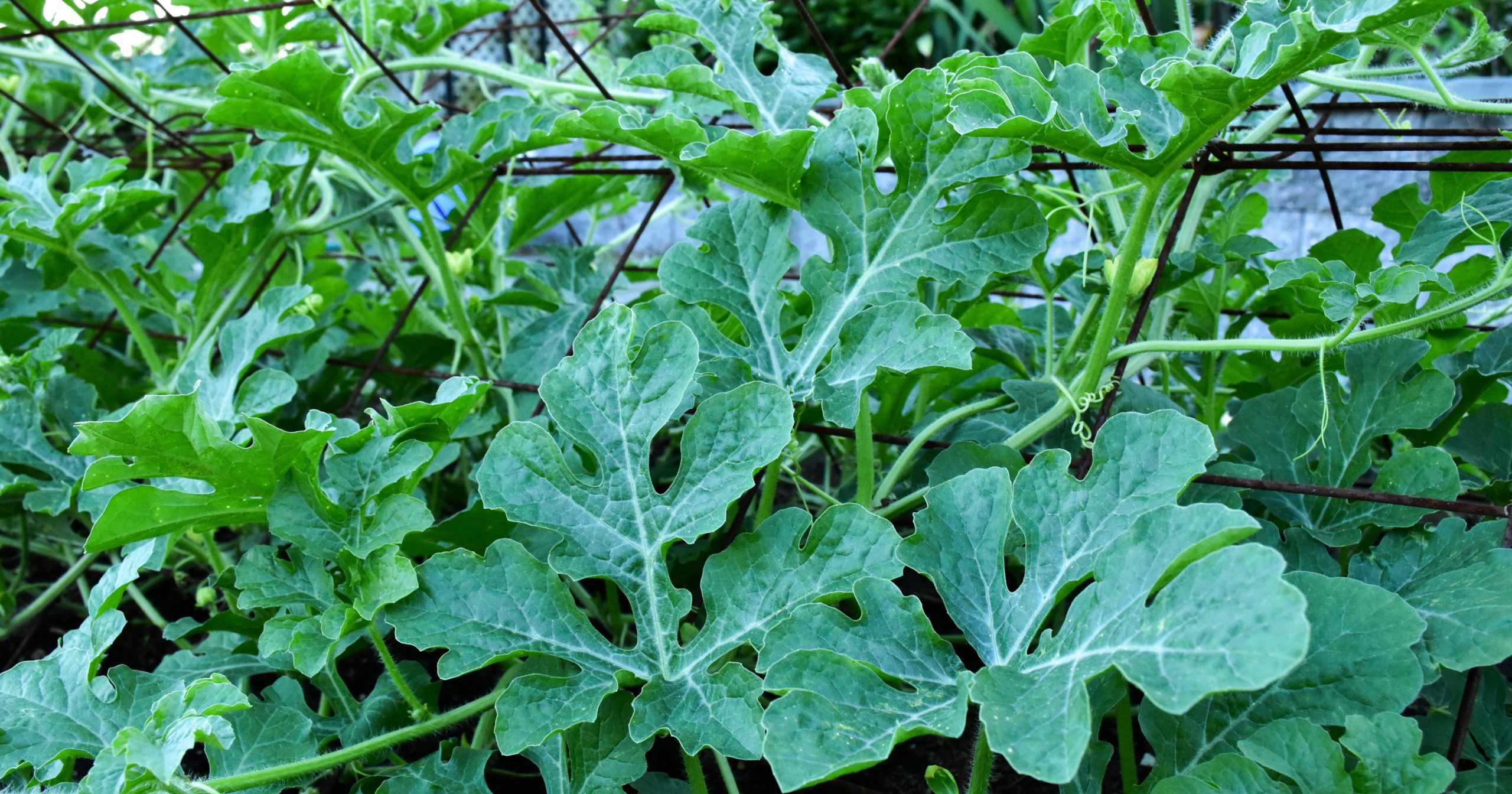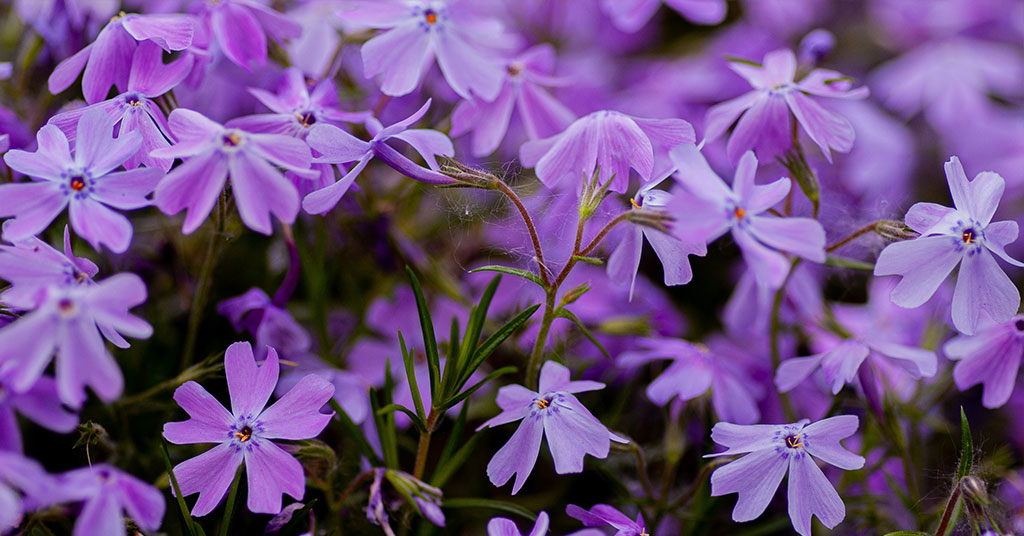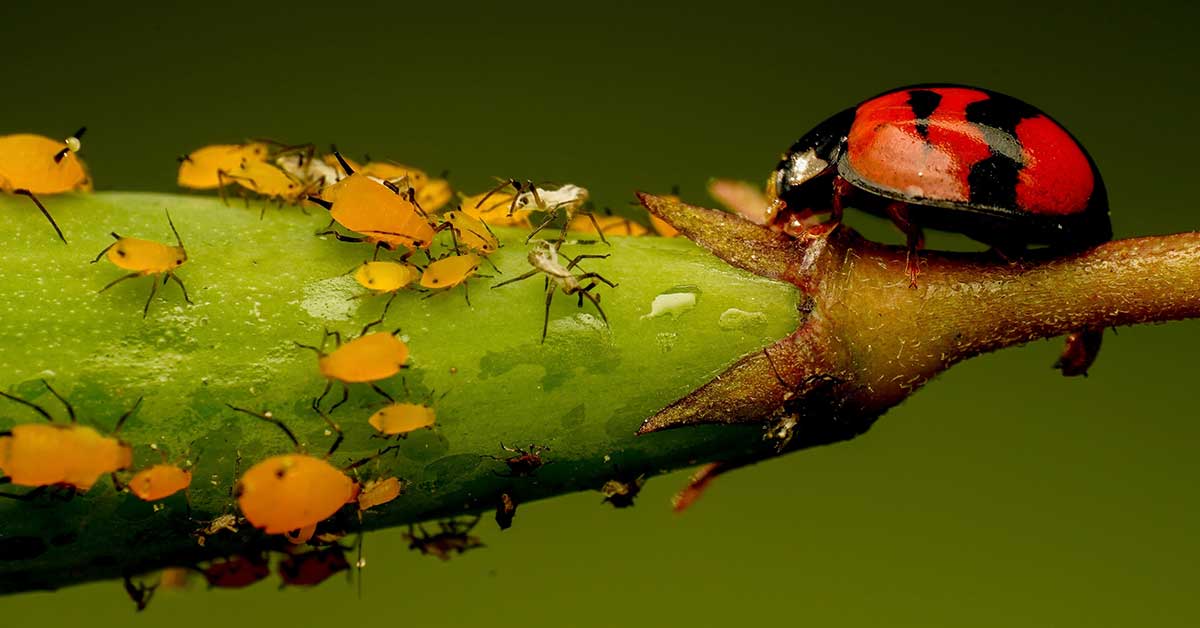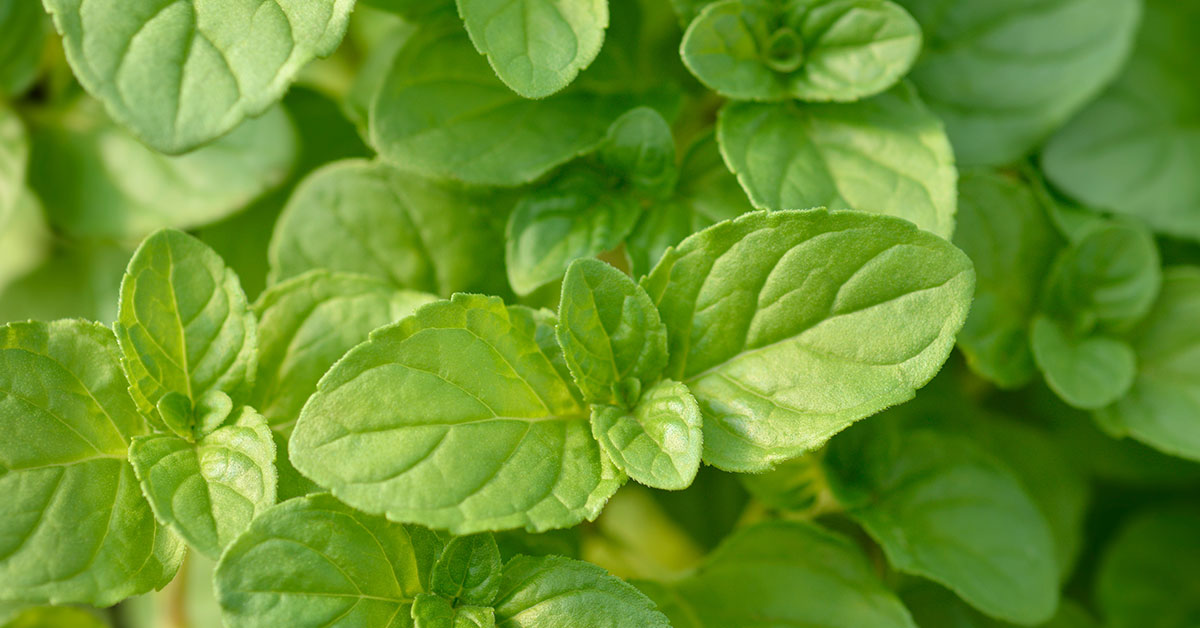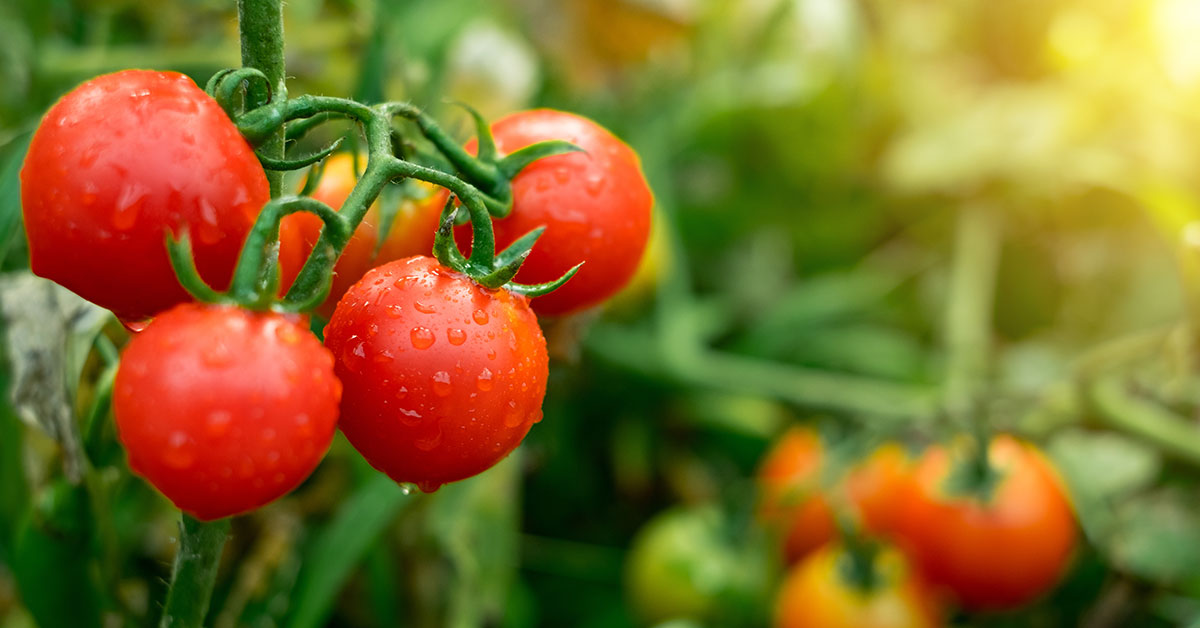Sunflowers, with their vibrant yellow petals and towering stalks, are a beloved addition to any garden. Whether you’re a seasoned gardener or a novice enthusiast, ensuring the health and vitality of your sunflowers is of utmost importance. One key aspect in achieving this is selecting the right fertilizer. With a plethora of options available in the market, it can be overwhelming to determine the best fertilizer for sunflowers. However, fear not!
In this article, we will delve into the world of sunflower fertilizers, exploring the essential nutrients required by these resilient plants, and providing you with valuable insights to help you choose the perfect fertilizer to promote robust growth, abundant blooms, and a bountiful harvest. So, let’s dig in and unlock the secrets to nourishing your sunflowers to their fullest potential!
Do Sunflowers need to be fertilized?
Yes, sunflower plants can benefit from fertilization for optimal growth. Fertilizers provide essential nutrients that may be lacking in the soil, promoting healthy plant development, increased flower production, and larger seed heads. However, it is important to note that sunflowers are generally considered low-maintenance plants and can tolerate less fertile soils compared to other crops.
So, while fertilization can be beneficial, it is not always necessary if the soil is already nutrient-rich. Conducting a soil test can help determine if fertilization is needed and what specific nutrients should be added.
The best fertilizer for Sunflowers
The best fertilizer for growing sunflowers is one that is high in phosphorus and potassium, with a moderate amount of nitrogen. Phosphorus promotes root development and flower production, while potassium helps with overall plant health and disease resistance. Nitrogen is important for leafy growth, but too much nitrogen can result in tall, leggy plants with fewer flowers.
A balanced fertilizer with an N-P-K ratio of 10-10-10 or 14-14-14 can be a good choice for sunflowers. However, during the flowering stage, you can switch to a fertilizer with a higher phosphorus content, such as a 5-10-10 or 10-20-20 ratio. This will help promote more abundant and vibrant blooms.
It’s important to follow the instructions on the fertilizer packaging and apply it according to the recommended dosage. Over-fertilizing can lead to nutrient burn and damage the plants. Additionally, organic options like compost or well-rotted manure can also be beneficial for sunflowers, as they provide slow-release nutrients and improve soil structure.
When to fertilize Sunflowers
The ideal time to fertilize sunflower plants is during their active growth phase, which typically occurs in the early stages of their development. Sunflowers require a nutrient-rich soil to support their rapid growth, so it is recommended to apply fertilizer when the plants have reached a height of around 6 to 8 inches (15 to 20 cm) and have developed a few sets of leaves.
For optimal results, it is advisable to apply a balanced fertilizer with a ratio of nitrogen (N), phosphorus (P), and potassium (K), such as a 10-10-10 or 14-14-14. This will provide the necessary nutrients for healthy foliage and strong root development. Follow the instructions on the fertilizer package for application rates, as over-fertilization can harm the plants.
It’s important to note that sunflowers are generally considered low-maintenance plants and can tolerate a range of soil conditions. If your soil is already fertile, you may not need to fertilize as frequently or at all. Additionally, if you notice signs of nutrient deficiency, such as yellowing leaves or stunted growth, you can apply a nitrogen-rich fertilizer to address the issue. Always monitor the plants’ growth and adjust your fertilization schedule accordingly.
Common issues with fertilizing Sunflowers
When fertilizing sunflowers, several common issues or problems can arise. Here are a few to be aware of:
- Over-fertilization: Applying too much fertilizer can lead to excessive growth, weak stems, and an increased susceptibility to diseases. It may also result in fewer flowers and more foliage. It is crucial to follow the recommended dosage and application instructions on the fertilizer packaging.
- Under-fertilization: Insufficient fertilization can lead to stunted growth, pale or yellow leaves, and poor flower production. Sunflowers are heavy feeders, so it is important to provide them with adequate nutrients throughout their growing season.
- Nitrogen imbalance: Sunflowers require a balanced supply of nutrients, including nitrogen (N), phosphorus (P), and potassium (K). However, an excessive amount of nitrogen can cause tall, spindly plants with weak stems that are prone to lodging (falling over) or wind damage. It is important to choose a fertilizer with a balanced NPK ratio suitable for sunflowers.
- Timing of fertilization: Applying fertilizer at the wrong time can be detrimental to sunflowers. It is best to fertilize sunflowers when they are actively growing and have established a strong root system. Typically, fertilizing at planting time and then again when the plants are about 6-8 inches tall is recommended.
- Nutrient deficiencies: Sunflowers may suffer from nutrient deficiencies, such as iron, magnesium, or zinc. These deficiencies can manifest as yellowing leaves, stunted growth, or poor flowering. Conducting a soil test before planting can help identify any nutrient deficiencies and allow for targeted fertilization.
- Environmental factors: Fertilizer effectiveness can be influenced by environmental conditions such as temperature, rainfall, and soil pH. High temperatures and excessive rainfall can leach nutrients away, reducing their availability to sunflowers. Additionally, sunflowers prefer slightly acidic to neutral soil pH (around 6.0-7.5), so if the pH is too high or low, it can affect nutrient uptake.
To avoid these issues, it is recommended to carefully read and follow the fertilizer instructions, conduct soil tests, and monitor the plants’ growth and appearance throughout the growing season.



